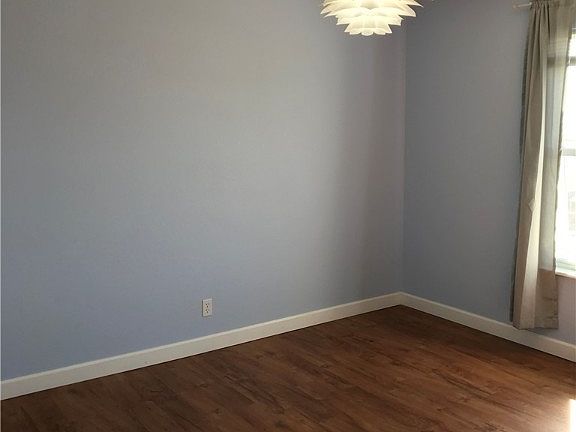
Rental income from a tenant may also be divided between the seller and buyer at closing (i.e. Then the buyer would pick up any expenses beginning April 10 until the end of the year. Since escrow closings don’t always happen at the end of a month, expenses often need to be prorated for partial months or partial years.įor example, if a sale closes on April 10th, the seller will pay for property expenses - like property taxes and HOA fees - from January 1 through April 9. Prorated or not, some real estate expenses are prepaid in advance and some are paid in arrears (meaning “after the fact”). 💰 Want to save money on closing costs? See how much you can save with Clever today! 💰 Paying Real Estate Proration Costs in Advance vs. And home buyers can get cash back after closing in most states! Home sellers who find an agent through Clever pay just 1.5% in listing fees and save an average of $7,000. With 1,600+ reviews on Trustpilot, Clever has a 4.9 out of 5 rating and has helped thousands of families save.
#Hoa fee meaning free#
If you’re selling a house and are looking to save money on closing costs, we recommend our friends at Clever Real Estate - a free service that matches you with hand-picked, pre-vetted local agents from top-rated brokerages such as Keller Williams, RE/MAX, and Coldwell Banker. While real estate prorations are a normal closing cost, they can add up fast. Proration is the process of dividing various property expenses between the buyer and seller in a way that allows each party to only pay for the days he or she owns the property.Įxpenses prorated at closing can include:

There are a number of transferable fees due at closing, like property taxes and HOA fees, that need to be calculated. How are property taxes transferred in a home sale? Who pays HOA dues at closing? How are those fees calculated? This post will explain all this and more.


 0 kommentar(er)
0 kommentar(er)
